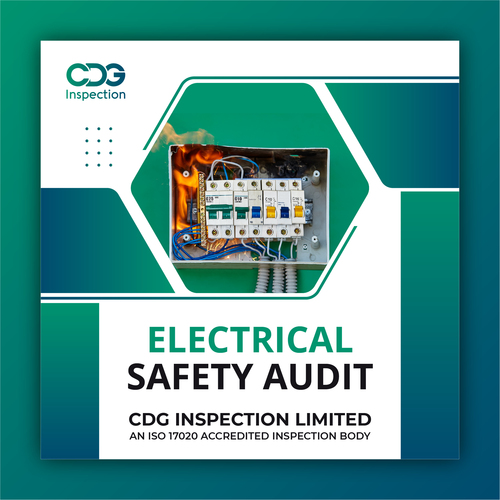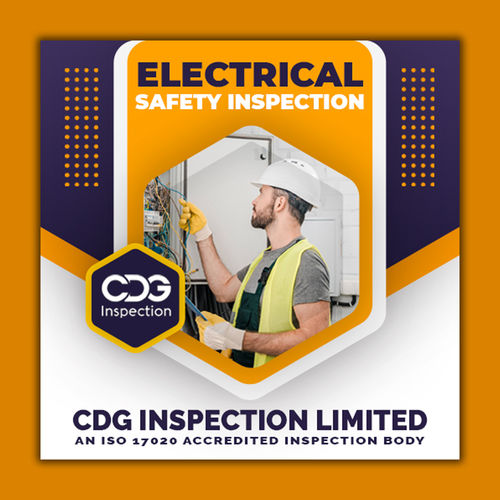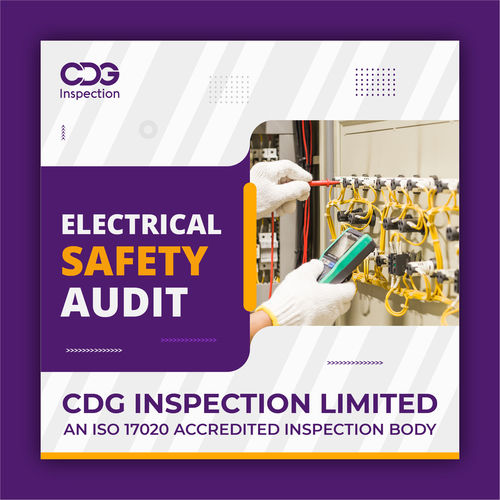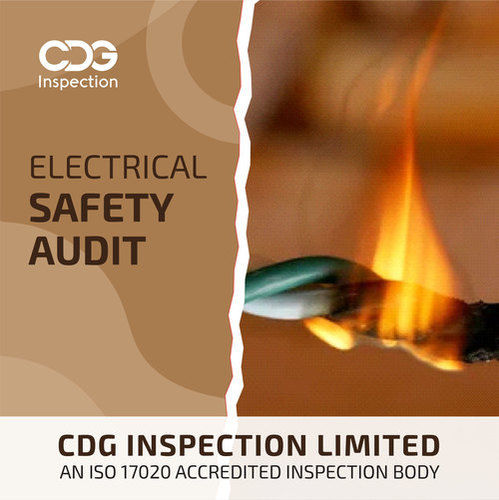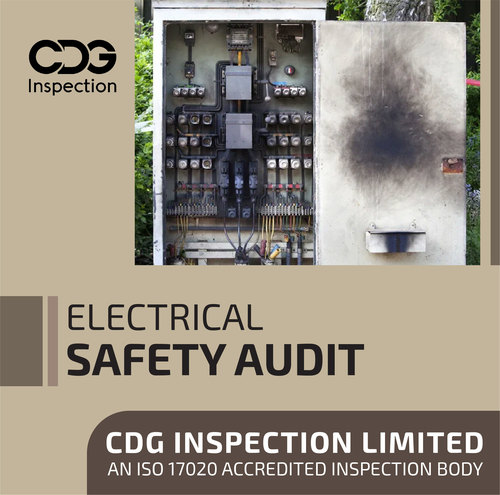Electrical Safety Inspection in Faridabad
Product Details:
Product Description
Making sure that your factory is safe for you and your employees should always be one of your top priorities. You also want to protect your most precious financial investment, and factory safety inspections are a great way to do this. They are even recommended by state governments and local councils. An electrical safety inspection involves a review from a professional to ensure that your electrical circuits and equipment are not overloaded and poised for a potential problem. Deficiencies are highlighted so that any potential hazards can be rectified immediately. This is particularly pertinent in older houses, especially if they have not been inspected for a number of years. These cases are often at risk of faulty earthing or wiring, turning them into a time bomb waiting to explode. During the electrical safety inspection, a visual audit with detailed tests will be completed with the power switch off. When finished, your system is restored to full power, and you will receive all necessary advice based on the results of the inspection along with any required recommendations and explanations of the implications. You will receive a report that details the overall condition of your electrical installation, the level of safety, and any remedial work that is needed. why should you bother with an electrical safety inspection, The primary reason that you will want to acquire an electrical safety inspection certificate is the peace of mind of knowing that you are safe, or more importantly, an understanding of any potential risks that may otherwise have gone unnoticed until it was too late. You will most likely want to consider an electrical safety inspection if, You have a factory that is more than 25 years old, Your property has never had an inspection, There is old wiring in your house, Equipment within your factory has been operating erratically, You are using a significant number of appliances that are more than five years old, You are about to selly our property as an electrical safety inspection can be an extra selling point to present to any potential buyers, It may save you a lot of money. Further to the final point, an electrical safety inspection may uncover some issues which are much cheaper to repair now than further down the track when they have caused significant damage that also needs to be repaired. The inspection will also involve recommendations for other replacements such as lightbulbs that maybe better suited to green energy alternatives and other power saving options, which will lower your energy bill in the future. Interested in the peace of mind that comes with an electrical safety inspection, Keep your factory or business safe from electrical danger and save money on unnecessary repair costs by giving the talented team at CDG a call. Maintenance, So far as reasonably practicable employers must make sure that electrical equipment and installations are maintained to prevent danger. Users of electrical equipment, including portable appliances, should carry out visual checks. Employers and workers must remove the equipment from use immediately and check it, repair it or replace it if, the plug or connector is damaged, the cable has been repaired with tape, is not secure, or internal wires are visible etc. burn marks or stains are present (suggesting overheating). Repairs should only be carried out by a competent person (someone who has the necessary skills, knowledge and experience to carry out the work safely). It is good practice if employers arrange for more frequent checks for items more likely to become damaged (e.g. portable electrical tools and equipment that is regularly moved, or used frequently or in arduous environments). Less frequent checks are needed for equipment less likely to become damaged (e.g. desktop computers etc.). Visual checks are not usually necessary for small, battery powered items, or for equipment that works from a mains powered adaptor (laptops or cordless phones etc.). However, the mains powered adaptor for such equipment should be visually checked. Employers must consider whether electrical equipment, including portable appliances, should be more formally inspected or tested by a competent person thinking also about the intervals at which this should be done. Arrangements should be made for inspecting and testing fixed wiring installations, i.e. the circuits from the meter and consumer unit supplying light switches, sockets, wired in equipment (e.g. cookers, hairdryers) etc., to be carried out regularly so there is little chance of deterioration leading to danger. This work must normally be carried out by a competent person, usually an electrician.

